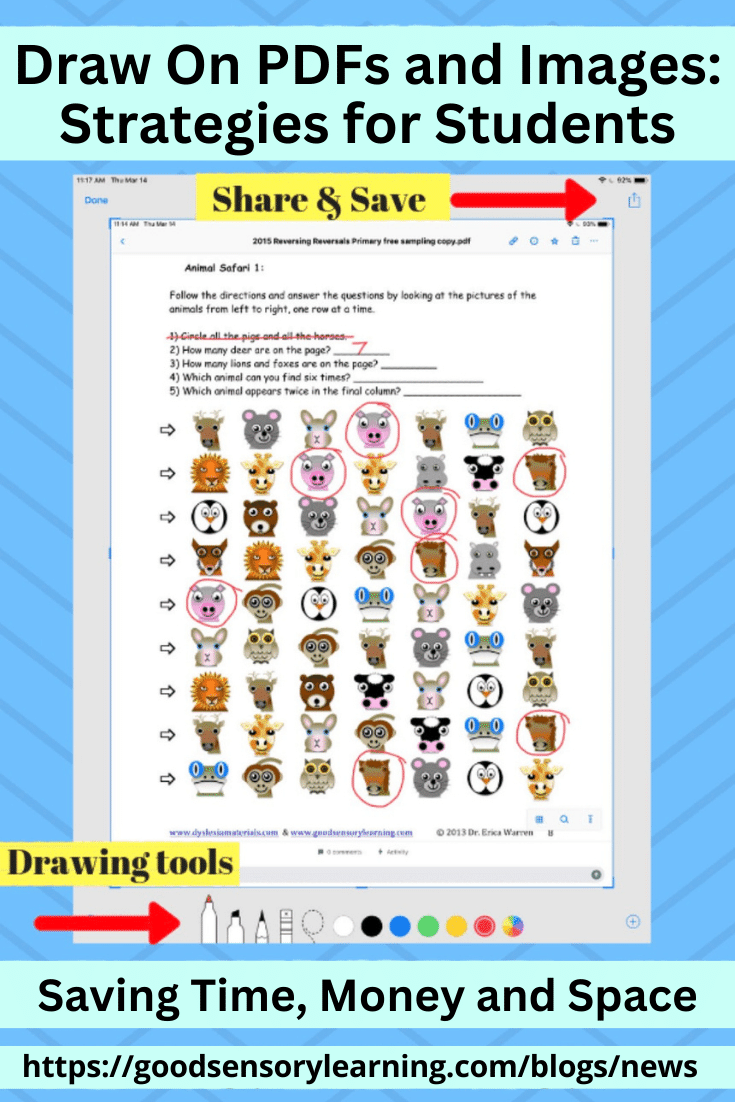Reading Assessments Made Easy: Identify Student Strengths and Gaps
Over the years, when I have worked with struggling readers, I have found that they all come with knowledge as well as knowledge gaps. In fact, each student presents their own unique patchwork of knowns and unknowns. I believe that it is my job to quickly evaluate, uncover, and fill the pits and pockets so I can forge a strong foundation and play catch-up to a forward-bounding curriculum.

Why Assess the Reading Needs of a Struggling Reader?
I have found that no two students have the same strengths and weaknesses. Likewise, struggling readers, even those who come with diagnoses such as dyslexia, all come with a different knowledge base and areas that require instruction and remediation. Unfortunately, many reading programs make all participants go through a lengthy process from square one, and progress can be slow and time-consuming.
In contrast, evaluating foundational reading skills at the beginning of any program can uncover accomplishments and establish specific needs so that any remedial reading program can be tailored for quick and effective results. What's more, repeating the assessment after an intervention can help define new proficiencies as well as continued areas that require attention.
Simple Assessment Covers All Foundational Reading Skills
Although there are many reading assessments that are available, they are often geared toward general reading skills such as reading speed and reading comprehension. Although this information is helpful, it does not define an appropriate remedial approach.
The Phonics Assessment for Reading and Targeted Support offers teachers, reading specialists, and parents a simple evaluation instrument that helps guide instruction so remedial needs can be targeted. It offers a comprehensive selection of subtests that can be used to measure student abilities with: letter names and sounds, rhyming words, syllable divisions, word blending, beginning sounds, middle sounds, ending sounds, blending sounds to words, dropping the first sound, dropping the last sound, 1st grade sight words, 2nd grade sight words, 3rd grade sight words, nonsense closed syllables, nonsense open syllables, nonsense silent e syllables, nonsense r-combination syllables, nonsense consonant le syllables, vowel combinations, syllabication, blends, digraphs and trigraphs, ending blends, compound words, prefixes, suffixes, and multisyllabic words.
It's a comprehensive tool that can be used in its entirety, or subtests can be selected for a more focused approach.
What are Homeschooling Parents and Reading Teachers Saying About The Phonics Assessment for Reading and Targeted Support?
- "This is awesome! I am always looking for something to use to assess various phonological skills, and this is wonderful! It covers everything in one well-organized package. Wow! I wish I had found it a long time ago."
- "I have been looking for an assessment like this, so finding it was a great delight."
- "Great for my use with children who haven't yet been identified with dyslexia. I use it as a screening tool before beginning tutoring with different Orton-Gillingham-based reading systems."
- "BEST...RESOURCE...EVER! So targeted! My go-to assessment."
I hope you found this helpful! Reach out any time.
Cheers, Erica
Dr. Erica Warren is the author, illustrator, and publisher of multisensory educational materials at Good Sensory Learning. She is also the director of Learning to Learn and Learning Specialist Courses.
- Blog: https://goodsensorylearning.com/blogs/news
- YouTube Channel: https://www.youtube.com/user/warrenerica1
- Executive Function Podcast: https://goodsensorylearning.com/pages/the-personal-brain-trainer-podcast-with-dr-erica-warren
- Store: http://www.Goodsensorylearning.com/
- Courses: http://www.learningspecialistcourses.com/
- Newsletter Sign-up: https://good-sensory-learning.kit.com/drericawarren






Leave a comment
This site is protected by hCaptcha and the hCaptcha Privacy Policy and Terms of Service apply.